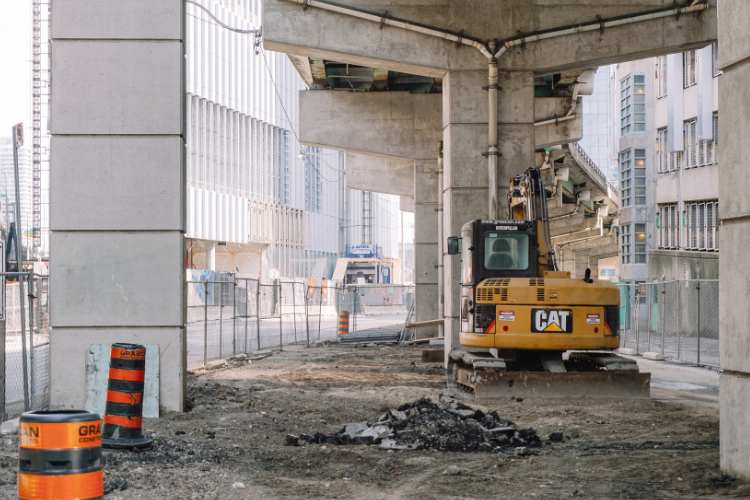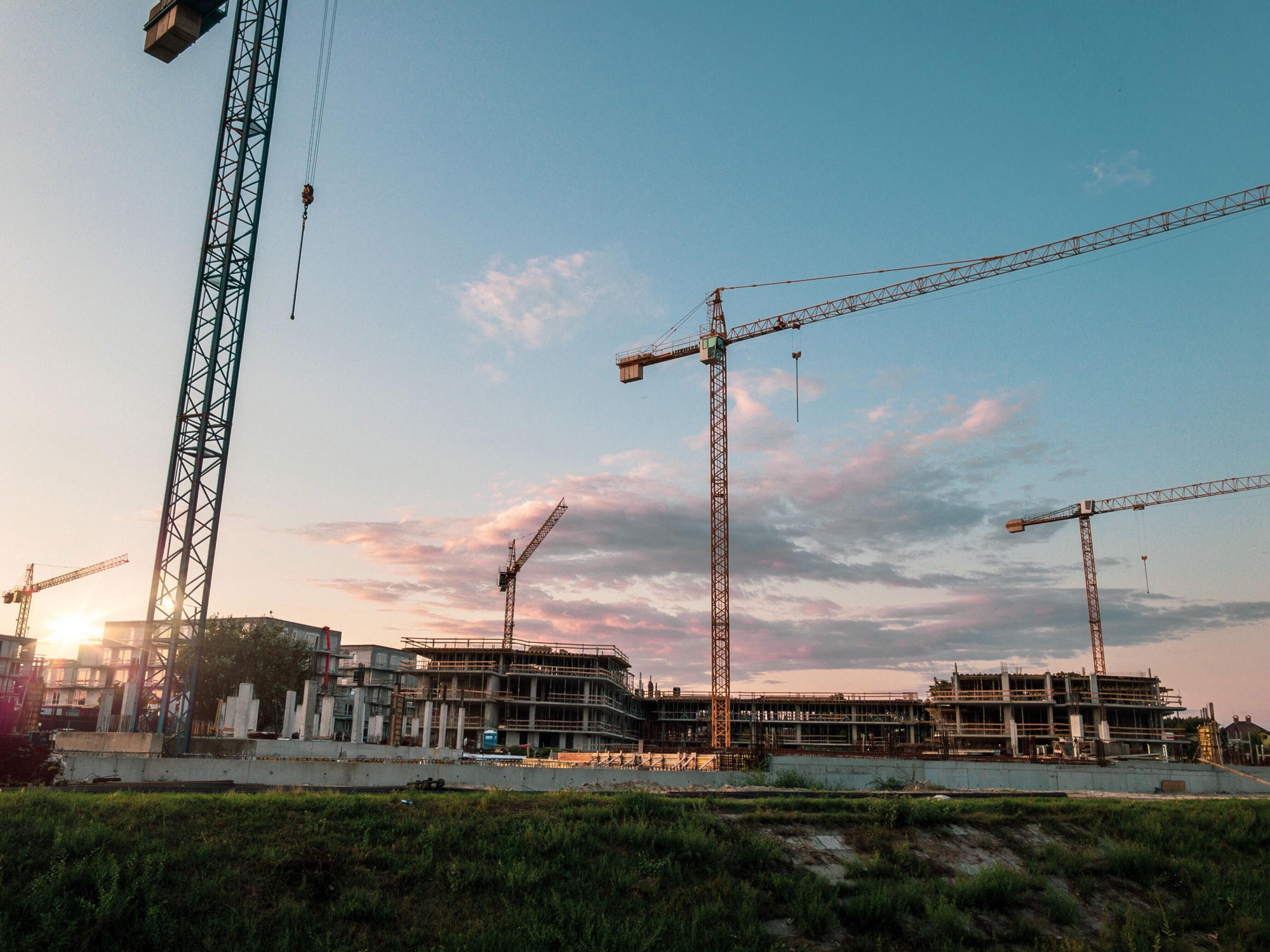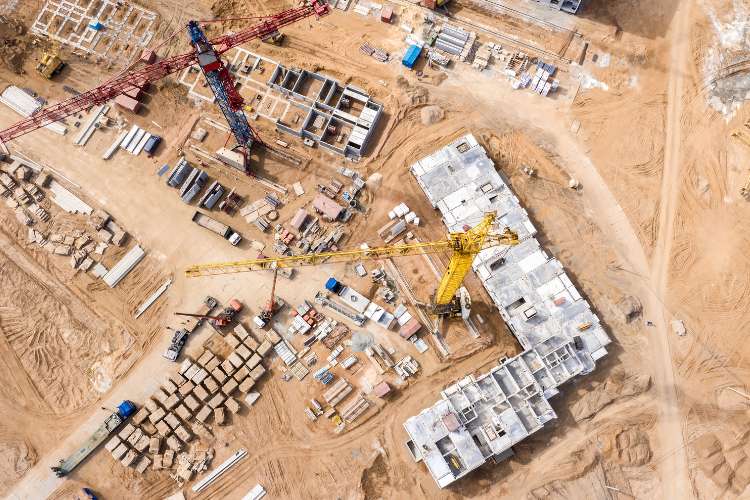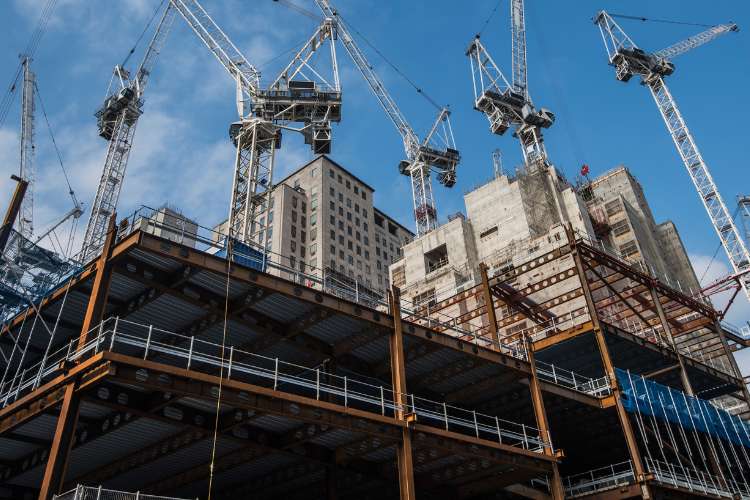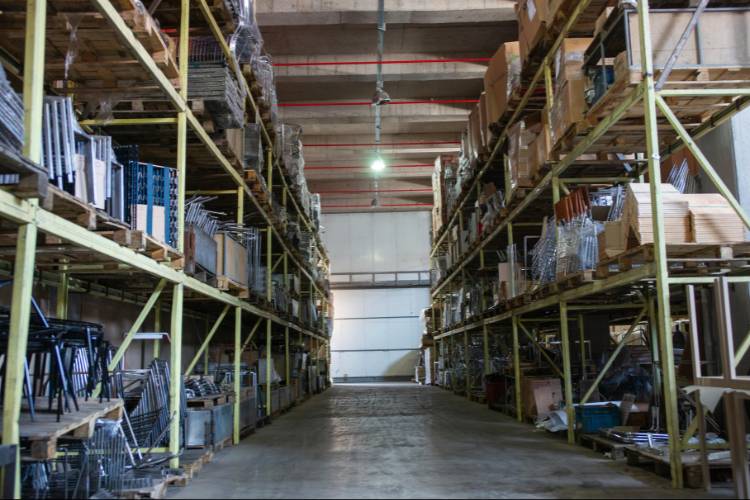In the construction world, working capital is oxygen. Without it, your business suffocates. That’s why keeping an eagle eye on your cash flow isn’t just smart—it’s necessary for survival. Delayed payments are all too common, which is why a solid DSO (days sale outstanding) management strategy might just be the edge you need to stay ahead of the game. Here, we’ll outline a DSO plan you can borrow to help protect your cash flow. Every business and project is unique, so feel free to tailor this if you need to better align with your specific needs.
Step 1: Have a Specific Role Dedicated to Monitoring Cash Flow & DSO
You have people dedicated to your business’s finances. But do you have someone responsible for watching cash flow like a hawk?
This isn’t a nice-to-have—it’s a necessity. Here’s why:
- They’re your early warning system. Having someone responsible specifically for cash flow allows you to spot trouble before it can take a major toll on your cash flow. They’re the ones who’ll notice when a GC is consistently late on payments, giving you time to act before it becomes a crisis.
- They keep the money flowing. By staying on top of invoices and payments, they ensure you’ve got the cash to pay your crew, buy materials, and grow the business.
- They’re a financial translator. When it’s time to make big decisions—like taking on a new project or investing in equipment—they provide a clearer financial picture of your cash flow, which is essential for determining when you can take on new and larger projects.
- They free you up to do what you do best. With someone dedicated to watching the money, you can focus on running projects and managing relationships.
Who Should Fill This Role?
To clarify, the person who monitors cash flow shouldn’t be the owner, but they will work closely with the owner as they fulfill this duty. The ideal candidate for this role may vary depending on your company’s size and structure. However, some potential fits include:
- Financial Controller or Accountant: They have the financial expertise to understand the implications of DSO and other financial metrics.
- Operations Manager: They have a holistic view of the business and can coordinate between field operations and financial management.
- Dedicated Collections Specialist: In larger companies, a specialist focused solely on managing receivables can be highly effective.
This person can also share responsibility for initiating the DSO action plan that we’ll outline next.
Step 2: Create an Action Plan for When DSO Exceeds 30 Days
Having a goal for DSO is a great start, but you need a game plan for when those goals aren’t met. Here’s an action plan to keep in your back pocket:
14 Days After Billing:
The person responsible for cash flow or the project manager should ensure all the details of their pay app submission are correct.
- They can verify:
- a) Pay application was received correctly
- b) No outstanding compliance issues exist
- c) Payment was submitted successfully
This isn’t about demanding payment – it’s about catching problems early. If any issues are found, they can address them as quickly as possible to prevent delays.
30 Days After Billing:
The person tasked with watching cash flow or the PM should call and email the GC. Friendly, but firm. “Hey, just checking in on that payment. Everything okay on your end?”
- Have automated flags in the accounting system that alert the team to the late payment
- Communicate to the GC that you are aware of their late payment
- Politely inquire about the status of the payment and any potential issues
60 Days After Billing:
This is where it gets tough. Internally, you should discuss whether it’s time to play hardball.
- Continue the outreach process
- Inform the GC that you may need to cease work until payment is made (if allowed by contract)
- Schedule a meeting with the GC to discuss the situation in person
Remember, these timelines might need tweaking based on your specific contract terms and payment timelines.
Before you even start a job, have the person responsible for cash flow ask the GC a simple question: “What would you recommend we do if payment goes beyond 60 days?” It sets the tone in the early stages of the project and shows you’re serious about getting paid on time.
In construction, the difference between thriving and barely surviving often comes down to cash flow. By designating someone to keep a constant eye on the money and arming them with a plan, you’re not just protecting your business—you’re setting it up to grow.
And remember, always be prepared to adapt your strategies as needed. The construction industry is dynamic, and what works today may need adjustment tomorrow. Regular review and refinement of your DSO management practices will ensure you stay ahead of the curve and maintain a healthy financial position for your business.
For more best practices about managing your working capital, download Billd’s whitepaper on Building A Working Capital Toolkit.



